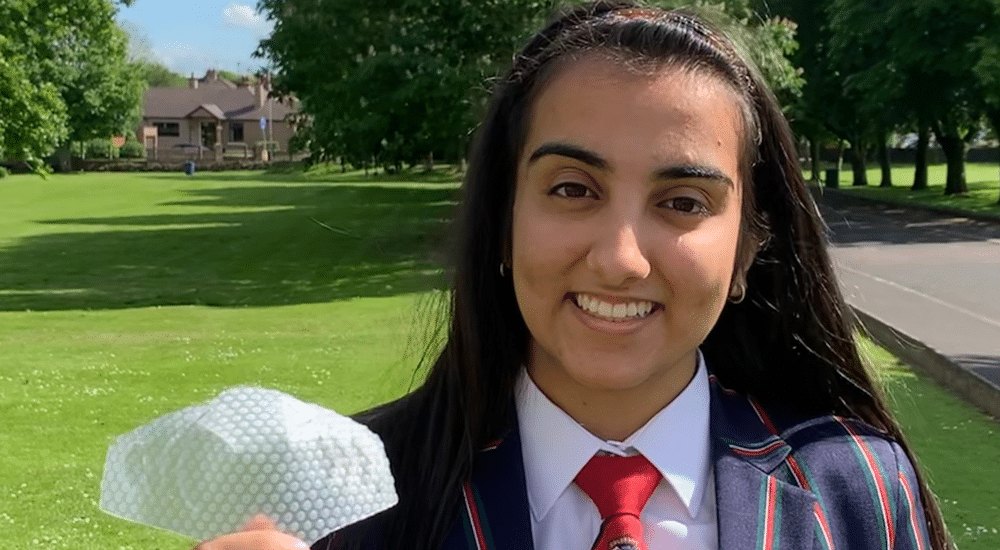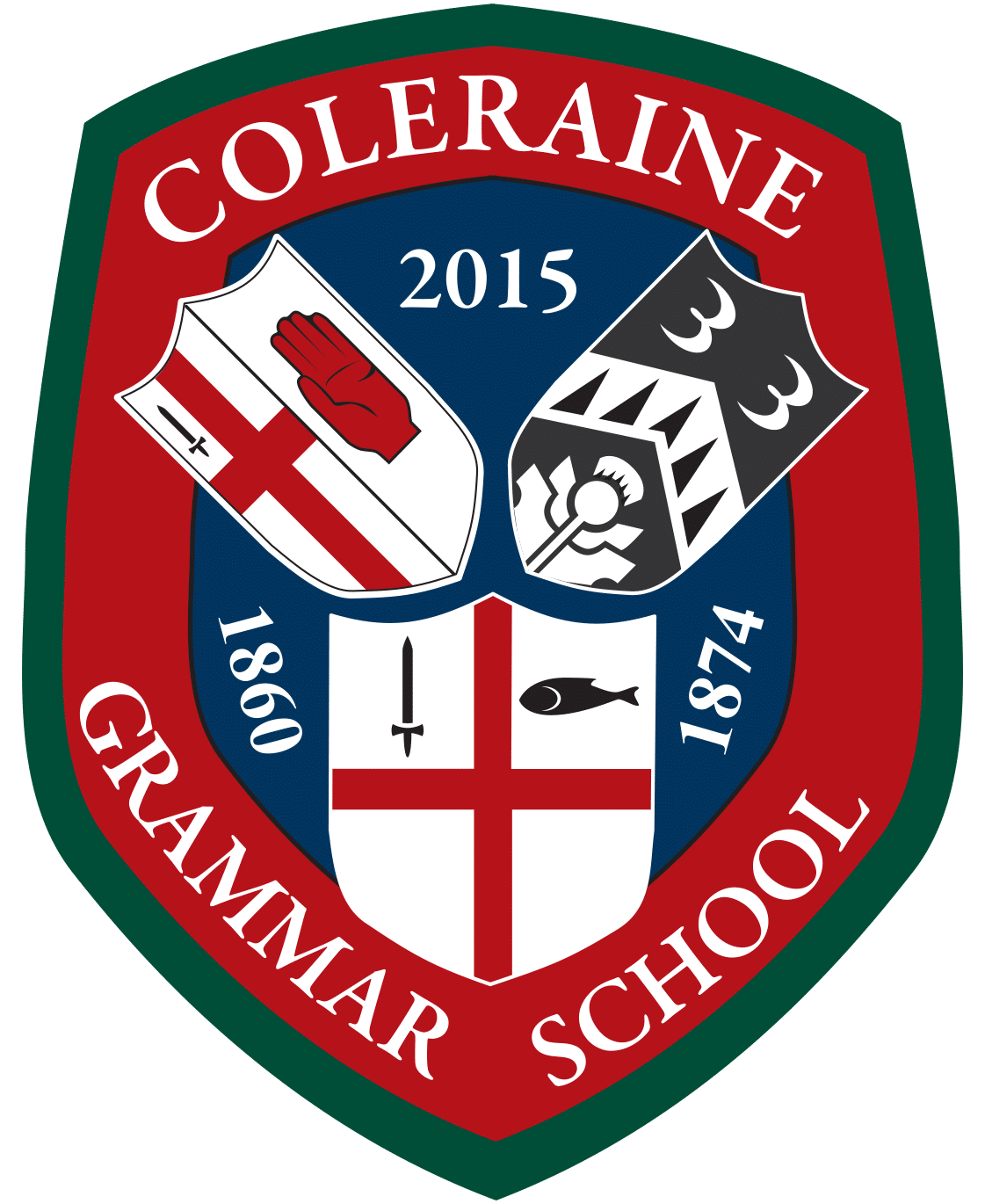This year, a project from one of our Y11 pupils was selected from thousands of applications to participate in both The Big Bang Competition and BT Young Scientist. Her project was inspired by seeing facemasks being worn incorrectly and she was interested to find out what the major issues were in wearing them. Her project ‘Improved Face-Mask Design and Materials for a COVID-19 World’ aimed to find the best possible combination of mask materials that would be comfortable to wear, while still being safe. Due to Covid restrictions, she had to develop her own apparatus and built a sneeze and cough simulator and apparatus to test the breathability of materials. She then proposed a three-layer mask made from cotton and nylon. However, after evaluating her own results and analysing a German study, she concluded that all woven materials let virus-sized particles through. She then designed a mask insert made from vinyl acetate which costs just pennies to produce. This could be manufactured inside the fabric layers of masks, which would make them more comfortable to wear.
UK Competition Winner
Categories
Latest News
Open Night Website 2025
28th January 2025
School Open
26th January 2025
Dr Carruthers’ Open Night Presentation
24th January 2025

